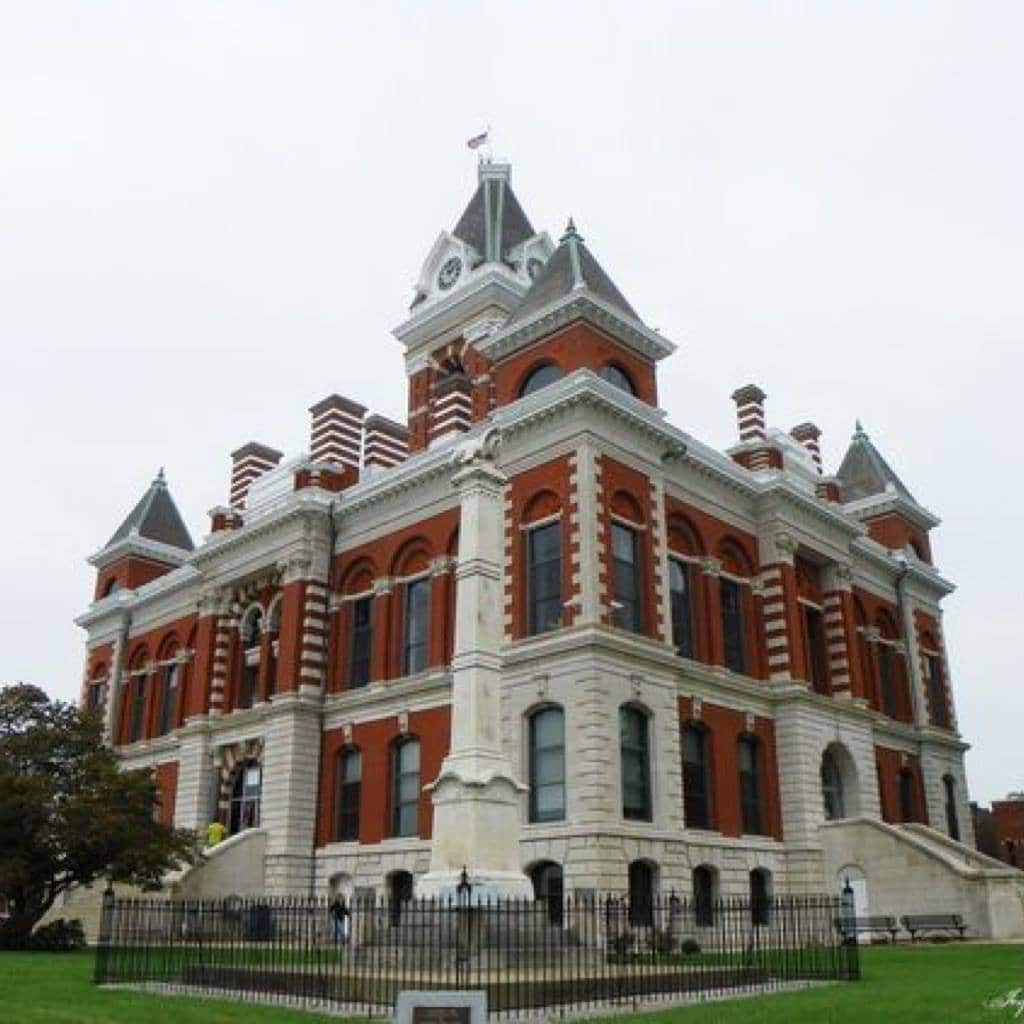The Indiana Constitution of 1851 granted the General Assembly the authority to establish circuit courts, creating a system of trial courts with jurisdiction over a specific circuit. The state was divided into circuits based on county lines, ensuring that each county had access to at least one circuit court.
Indiana’s circuit courts are organized in a two-tiered system, with superior courts and appellate courts. The state has 92 counties, and 90 of these counties constitute their own circuit, with a dedicated circuit court. Two small counties, Pike and Dubois, have been combined to form the 8th Judicial Circuit, resulting in a total of 90 circuit courts in the state.
Circuit courts in Indiana have broad jurisdiction, handling a wide range of civil and criminal matters. They hear cases involving everything from minor traffic violations to complex legal disputes. The primary functions of circuit courts are to adjudicate legal controversies, determine guilt or innocence in criminal trials, and issue legal remedies and judgments.
The Indiana Official Website offers a comprehensive resource for individuals seeking information about the court system. The Judiciary section provides a directory of all circuit courts in the state, along with contact information and details about judges and staff. Forms for filing legal actions, as well as an Online Child Support Calculator, are available through the Self-Service Legal Center for the convenience of users.


The Circuit Court and Superior Court share significant responsibilities within the judicial system. Both courts handle major criminal cases, including offenses such as murder, robbery, and assault. They also adjudicate domestic relations cases involving divorce, child custody, and support. Additionally, the Circuit Court and Superior Court preside over substantial civil lawsuits involving significant monetary claims or complex legal issues.
One unique aspect of the Circuit Court is its exclusive jurisdiction in probate and juvenile matters.
This court has the sole authority to handle legal proceedings related to estates, guardianships, adoptions, and trusts. These matters often involve the distribution of assets, the care and protection of vulnerable individuals, and the administration of estates following a person’s death. Circuit Court judges possess specialized knowledge and experience in probate law, ensuring fair and equitable outcomes in these sensitive cases.
Regarding juvenile matters, the Circuit Court focus on rehabilitating young offenders and providing them with the necessary support and guidance to improve their behavior and prevent future offenses. Juvenile proceedings prioritize the well-being of the child while ensuring public safety.
Court Forms may also be available using our Self-Help Kiosk located in the Lower Level of the Courthouse.